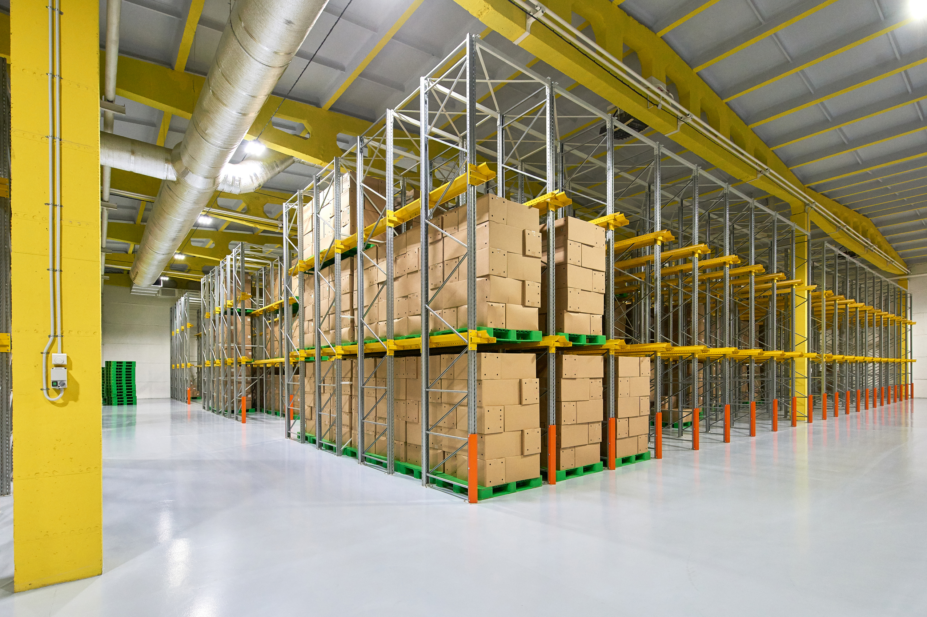
Shutterstock.com
Some 7,000 prescription-only and pharmacy medicines have been subject to government planning for a no-deal Brexit, details on contingency arrangements have revealed.
These medicines, with an EU or European Economic Area “touchpoint”, were identified after the Department of Health and Social Care (DHSC), along with representatives from the health and care system, analysed 12,300 licensed medicines products that are used in the UK.
Companies that supply these 7,000 medicines have been asked to provide a six-week buffer stock, and health minister Stephen Hammond said in a written ministerial statement on 25 February 2019 that “the majority of companies have confirmed that stockpiling plans are in place”.
Hammond also announced that the government had bought “tickets” from two cross-channel ferry operators that run routes to Poole, Portsmouth, Plymouth, Immingham and Felixstowe, away from the straits of Dover, which are expected to become congested if there is a no-deal Brexit.
“Companies which supply medicines or medical goods will be offered the option of buying tickets on these routes and my department is currently engaged with industry to ascertain the likely uptake levels,” he said.
Hammond also said that the government had been working with NHS England to identify 500 over-the-counter medicines that are supplied from Europe and are important for the management of specific health conditions. The government is working with suppliers on contingency plans for these products, he added.
Ash Soni, president of the Royal Pharmaceutical Society (RPS), said the Society had not been directly involved in the analysis of medicines at risk, but had been provided with assurances by the DHSC that the analysis will ensure that the UK will have a six-week medicines stockpile in place in time for Brexit.
“The RPS still has confidence in the planning and arrangements that the DHSC has in place, but as with anything there are going to be issues that arise that have not been anticipated,” he said.
“We hope there are mechanisms to respond rapidly to anything that may emerge from now on, as we are entering a critical phase.”
Soni added that although patients were not looking to stockpile medicines in advance of Brexit, they were expressing concerns about access to drugs.
“Currently, this means that pharmacists and their teams are spending a considerable amount of time providing reassurance to patients,” he said. “Clearly this does have a knock-on effect on other activity that may be undertaken as there are only so many hours in the day.”
In his statement, Hammond said there was no “hard evidence” that medicines shortages were increasing because of Brexit, and he said that the UK government was working with governments in the devolved countries to ensure a “common approach” to the announcement of any medicines serious shortage protocols.
“While we never give guarantees, we are confident that, if everyone — including suppliers, freight companies, international partners and the health and care system — does what they need to do, the supply of medicines and medical products should be uninterrupted in the event of exiting the EU without a deal,” he said.


